My immigration to Peru came without ever having set foot in the country and without knowing a single person there. My go-first, figure-it-out-later attitude didn’t do me any favors when it came to immigration. With that in mind I’m writing this from a simple perspective: What do I wish I had known before coming here? What could have saved me time and money in the long run? Could I have kept my hair from falling out?
Here’s 5 tips that every potential immigrant should have in mind before making the move. Some of these were things I did unintentionally, others I had to learn the hard way. Learn from my mistakes and glide into Peru with a smile.
-
Have a plan for where to live
You’re used to using the internet for everything, whether that’s finding an apartment or ordering extra paper towels. You get the best prices and the widest selection online. Not in Peru. Ecommerce is still in its infancy here, and that applies to every aspect of online dealings. While it’s easy to find a hotel room or an apartment online before you come, you’ll likely pay a huge premium as Peruvians know that real Peruvians don’t find those things online.
Be comfortable with winging it instead of feeling the need to meticulously plan your arrival. If that’s too intimidating, start slow. Book a hotel online for a week, or use Airbnb, then while in Peru scour newspapers for ads that offer rooms for rent. If you’re coming with family, you might want to opt for a furnished apartment to start.
Fair prices on apartments are impossible without Spanish, so you’ll either need to buy time to learn, or to make some friends. Immigration is a process, don’t try to go from newbie to fully settled in too fast. Take your time.
-
Start Immigration Paperwork Early
Obviously you’ll need a passport to come down to Peru. But if you plan on doing any extended living on a resident visa or university studies you’ll need to get Apostille certificates for documents such as birth certificates, school transcripts, or diplomas. Anything signed by a government official requires an apostille, while private institution statements (like bank records) will only need translation. Look up the state that issued the document to find out how to get this. Without it, you won’t be able to get an official translation of those documents.
Big note for Americans: The Embassy only issues apostilles on FEDERAL documents, of which you probably have none.
If you found your Peruvian job in the US, or are being transferred, then your company should absolutely walk you through this process. Contracts signed abroad need an apostille and translation locally.
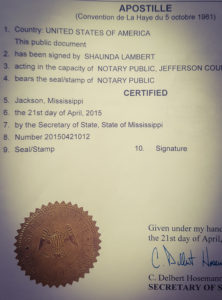
You may never need it, but having those Apostilles may come in handy someday. Beats the time I had to Fed-Ex my high school diploma to the state capital for $70 each way in order to have it translated before the last day of university enrollment.
-
Money matters
Dollars are widely used in Peru and exchange rates at ATMs are generally very favorable. Don’t change in the airport. You’re much better off taking out a wad of soles from the ATM and paying the small ATM fee.
Contact your bank and let them know you are going to travel abroad. Credit cards and debit cards used in Peru are often flagged as suspicious and can be frozen, which can seriously complicate your trip.
Your credit history counts for nothing in Peru. So if you do settle in, it may be a while before you’re able to get good credit. Of course you can use US cards in Peru, but many banks charge a small international transaction fee and that will eat into you over time.
Sending money back to the US to pay bills is a pain. Western Union is the cheapest, but it means you need someone to pick up the money and deposit it. Wire transfers will run around $40-50. Consider adding another authorized user to your bank account before you go, just to have someone back home who can handle things for you if need be.
-
¿Hablas español?
If you don’t know any Spanish, start brushing up on some basic phrases and grammar rules. Listen to some beginner audio on Youtube or look for Spanish language learner podcasts.
In Miraflores or San Isidro, the two wealthiest districts in Lima, you can easily find English speakers. While this makes it easier to get your laundry done, it doesn’t remove you from the comfort zone, and you may never learn Spanish as a result. You’ll only learn to speak if you need to speak, otherwise we always choose the path of least resistance. Consider living in some other districts after scoping out neighborhoods. Besides, what’s the point of immigration if you’re just going to surround yourself with similar people?
-
Patience is key
Stuff takes time in Peru. Punctuality isn’t exactly a virtue here. People are chronically late. Time just isn’t as precious in Peru. You’ll go to banks and be told their computers are down. You’ll take time off work to get a background check only to wait an hour for the policeman to come back from lunch. Buses will park on the corner to try and gather more passengers while your cab is trapped behind their fume-belching exhaust pipe. That same cab will spend 5 minutes haggling with you over the price.
If you let this drive you insane your immigration process will be marked by much frustration.
This may, at first, cause you to dive into panic as the fear of something going wrong grips your neck. Relax. The good news is I’ve never once had a situation where something bad happened because I ran out of time. The same way that punctuality is optional, so are deadlines.
Becoming an expat isn’t nearly as difficult as it may seem. If an uneducated 19 year old with little-to-no knowledge of the language can pull it off, you should be fine. Stick with Streets of Lima and breeze your way to legal residency.

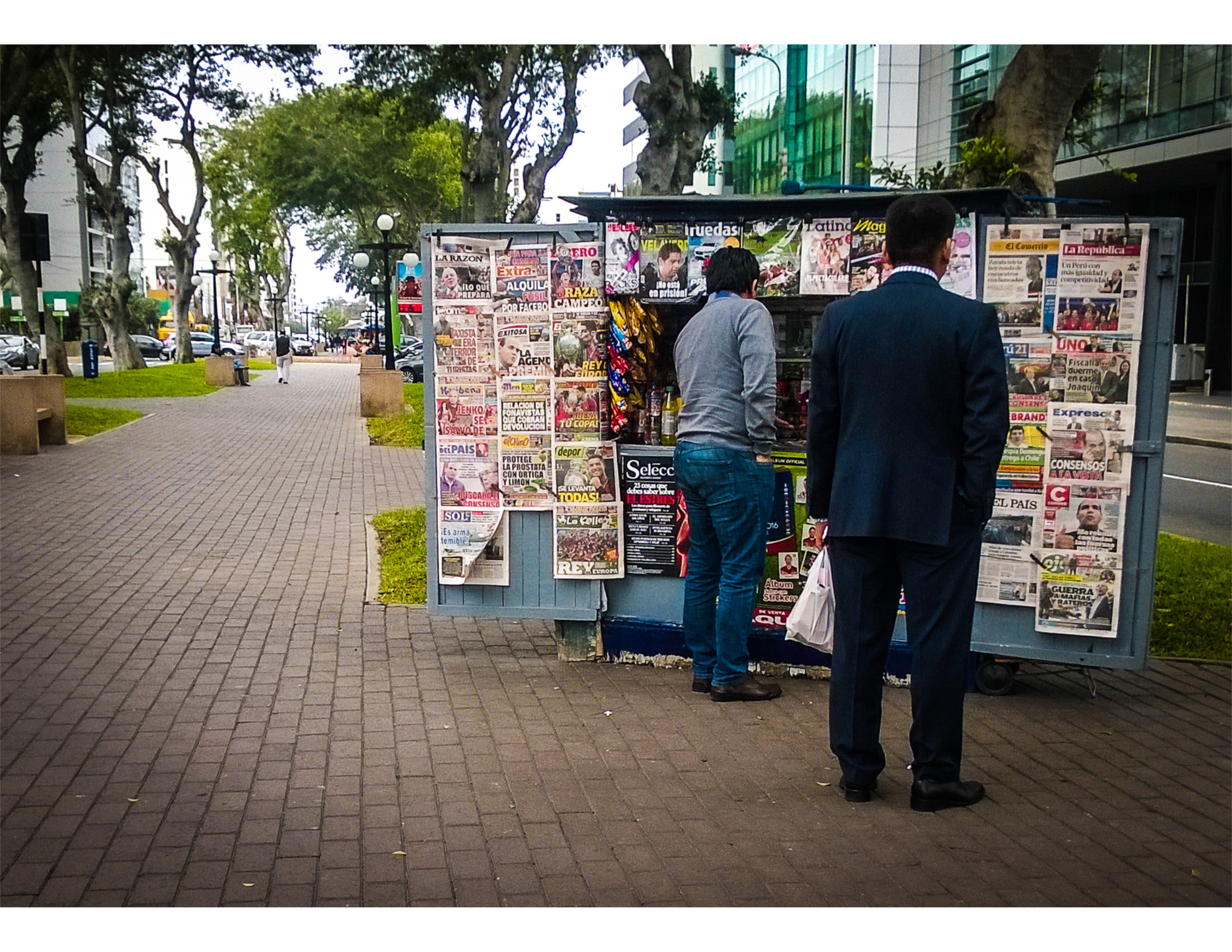
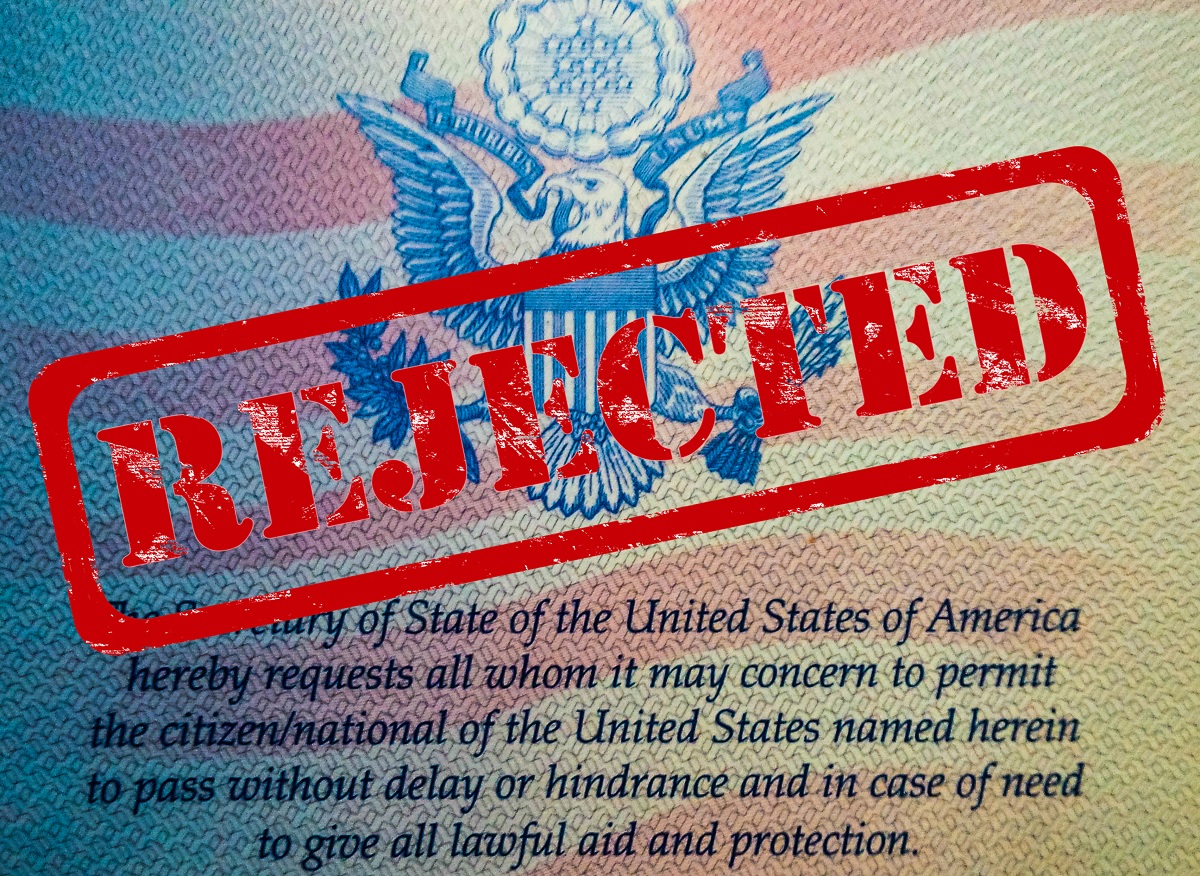

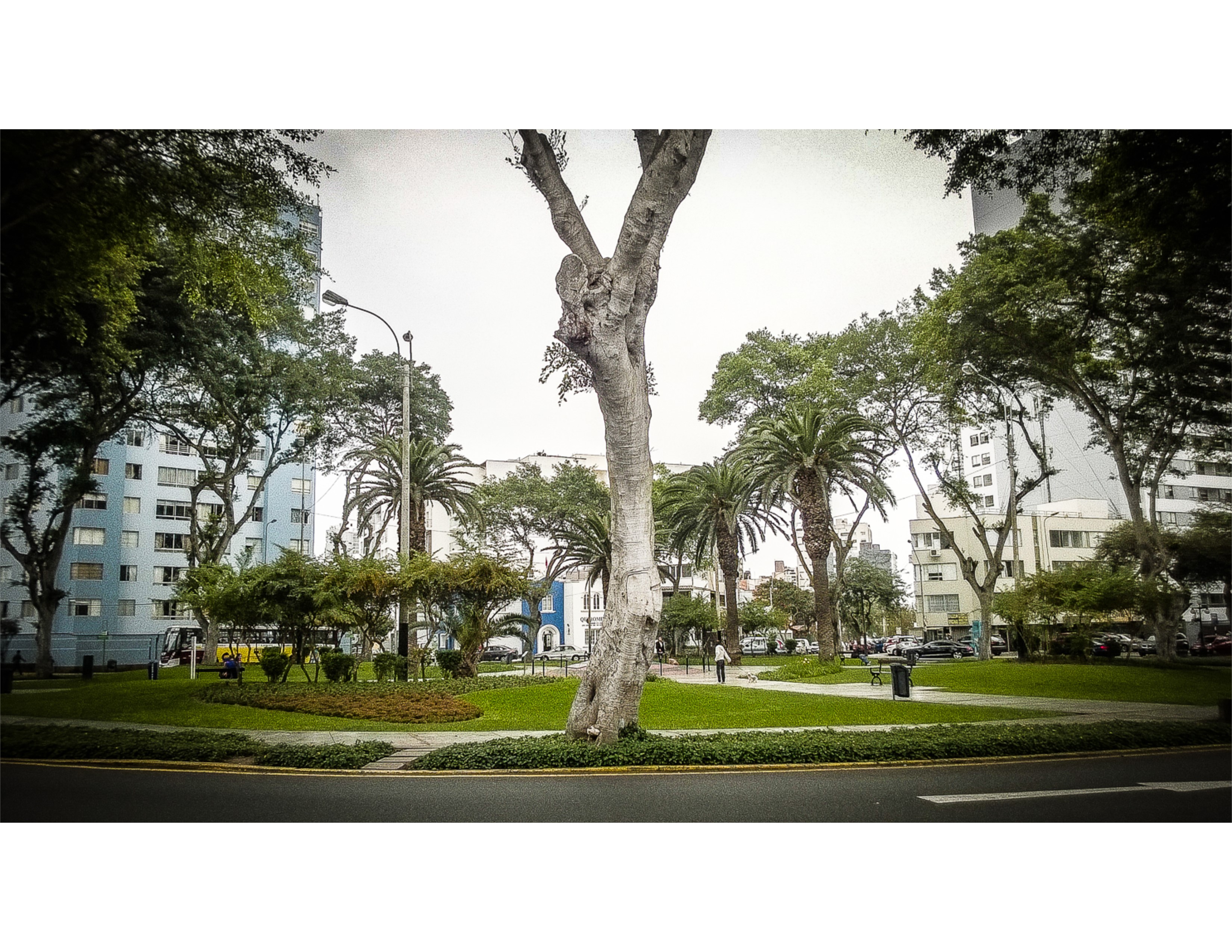
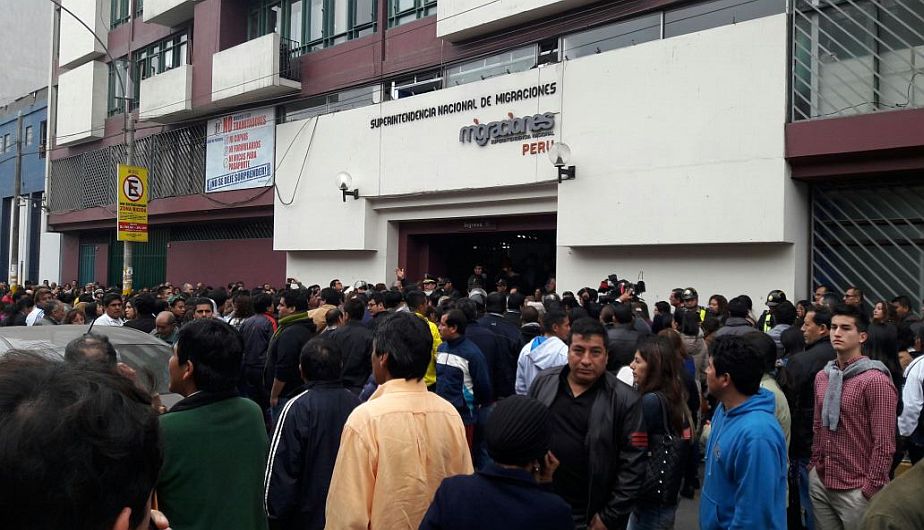
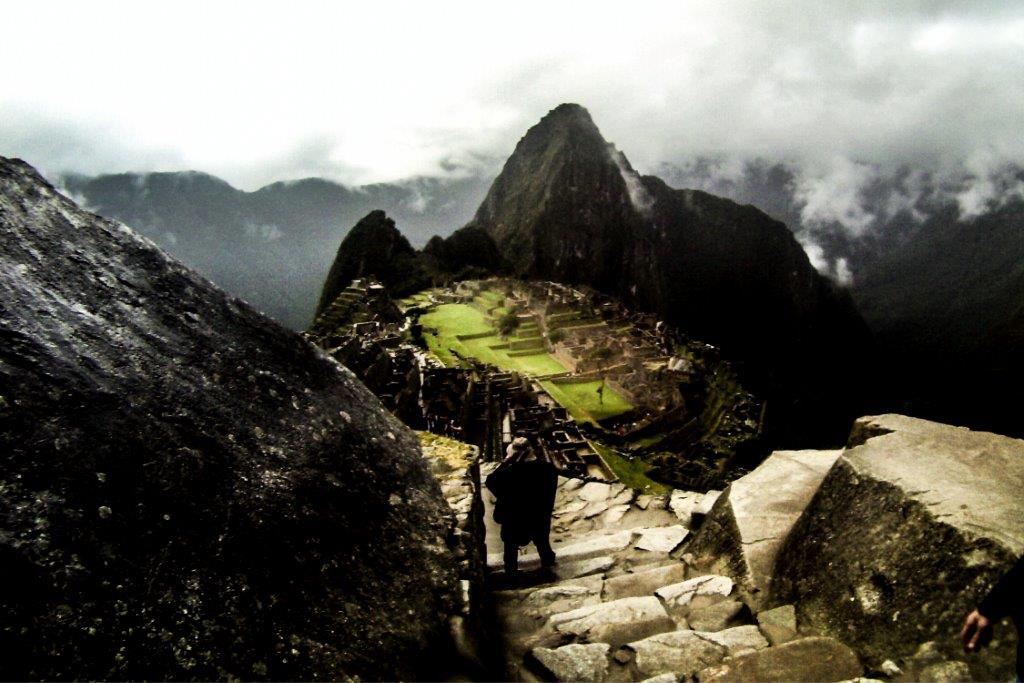
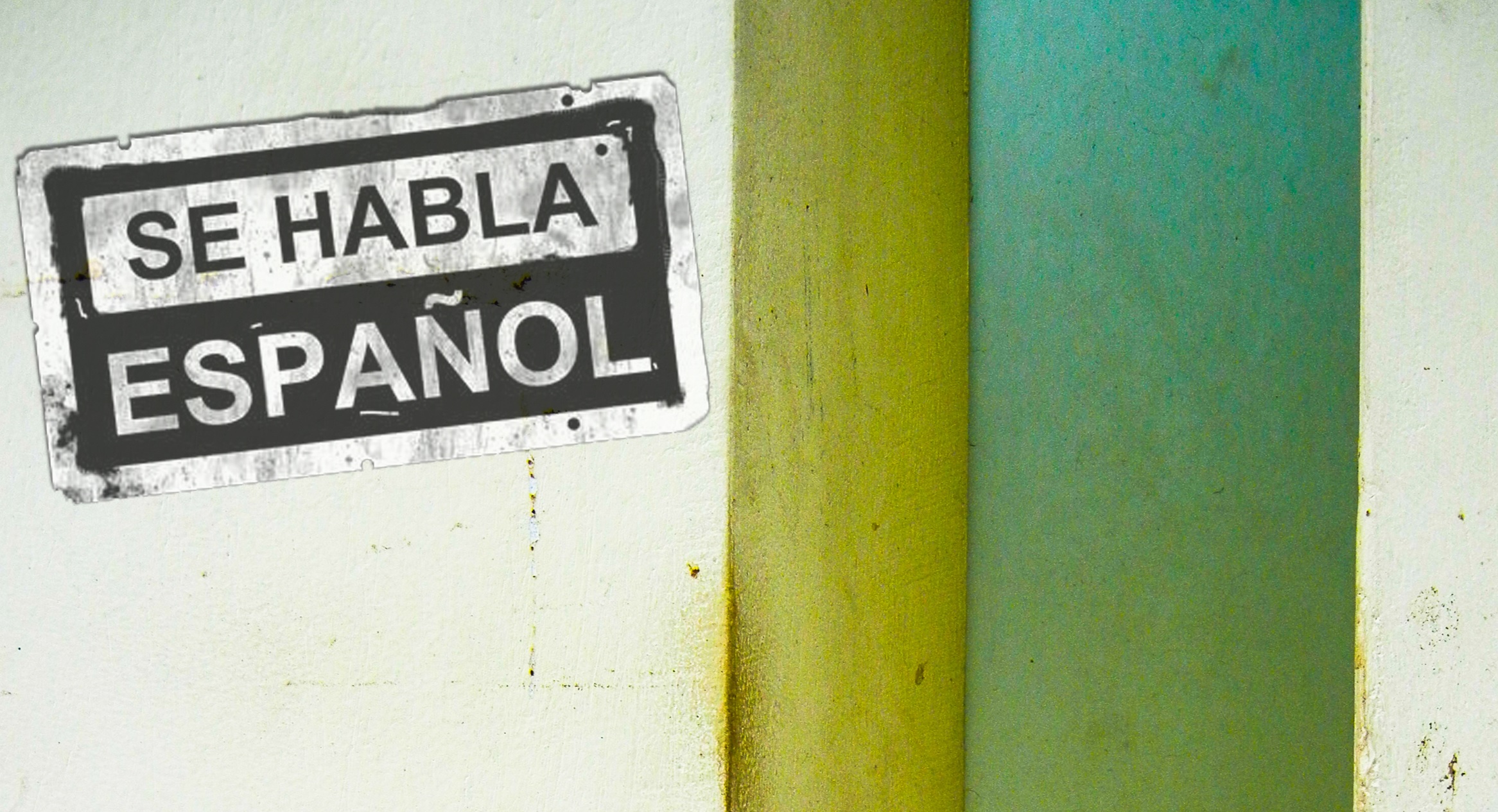
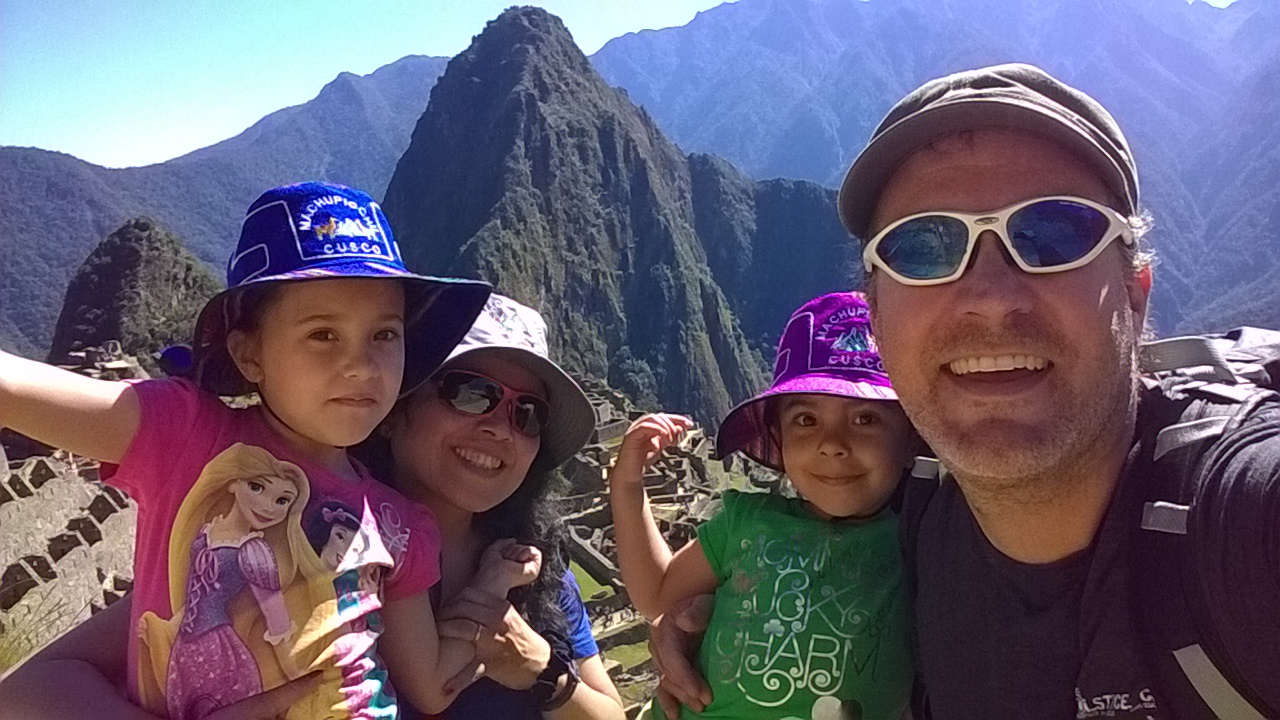

No Comment